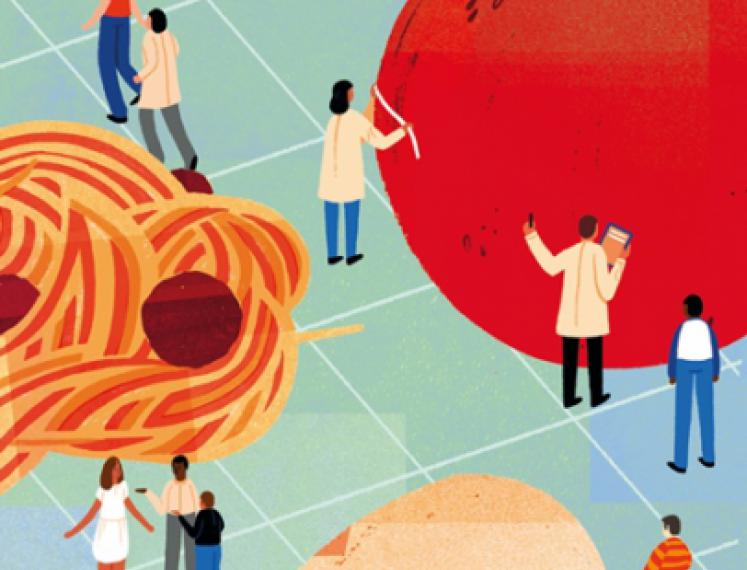Sex for Fun
Sex is the best and the worst of us. It makes us crave, relish and hurt, arouses us to art and turns us into liars. And of course, it makes us procreate.
Sex is everywhere. It gives us pleasure and pain, self-worth and self-doubt. It can elude us, trick us, and turn us into liars; or arouse us to poetry, prose, music, and art. Still, we fail miserably in understanding sex, beyond the obvious fact that until very recently sexual behavior was the only way for humans to procreate.Defining sexual behavior solely in terms of procreative success has been – and today still is – quite common, e.g. as part of religious belief or even academic thinking. Reality, however, looks very different. Many sexual preferences and practices offer little, if anything, in the way of procreative success.
Incentive motivation theory posits that sexual behavior is driven in a significant part by the pleasure it grants, with procreation as a (sometimes wanted) side-effect. This provides a theoretical framework to get a better handle on sexual preferences and practices, however bizarre or unusual they may seem, or however malignant they are to those affected.
Janniko R. Georgiadis studied Human Movement Science at the University of Groningen. He is one of the few investigators world-wide who studies how the human brain governs sexual behavior. He is also the author of “Een hoofd vol seks”, a popular book about the sexual brain expected to appear in September.
Interesting links:
RUG: Research Janniko R. Georgiadis
New Scientist: Sex on the brain: Orgasms unlock altered consciousness
Wetenschap24: Seks in een scanner



